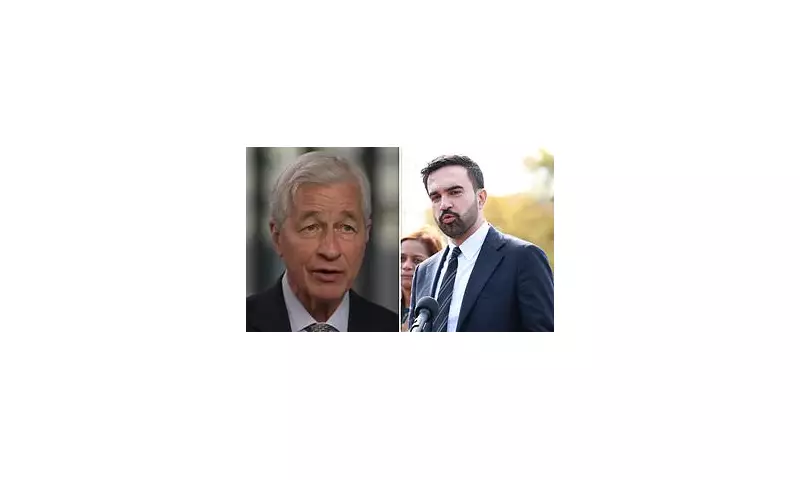
Wall Street heavyweight Jamie Dimon has ignited a political firestorm after launching a blistering attack on government policies, labelling them "un-American" and "anti-capitalist" in a recent television interview.
The Interview That Started It All
During a candid discussion with Bloomberg TV, the JP Morgan Chase CEO didn't hold back his criticism of current economic approaches. "When the government does things like put in place policies that are un-American, anti-capitalist, things like that, we should call it out," Dimon declared, sending shockwaves through political circles.
The banking titan's comments have drawn immediate condemnation from New York City's progressive politicians, setting the stage for a dramatic confrontation between Wall Street and City Hall.
Progressive Politicians Strike Back
New York State Assemblyman Zohran Mamdani led the charge against Dimon, taking to social media to deliver a scathing response. "Jamie Dimon says quiet part out loud: he thinks our government should serve his interests," Mamdani fired back.
The progressive lawmaker didn't stop there, directly challenging Mayor Eric Adams to take a stand against the banking executive's remarks. In a bold move, Mamdani demanded the mayor cancel the city's banking contract with JP Morgan Chase, valued at a staggering $17.5 million.
A Test for Mayor Adams
The controversy places Mayor Eric Adams in a delicate position, caught between maintaining relationships with powerful financial institutions and responding to pressure from his party's progressive wing.
Mamdani's challenge raises crucial questions about where the mayor's loyalties lie. "The question for Eric Adams is: are you going to continue to serve Jamie Dimon's interests, or are you going to serve the people of New York City?" the assemblyman questioned pointedly.
What's Really at Stake
This isn't just a war of words between politicians and a banker. The confrontation highlights deeper tensions about:
- The role of government in regulating big business
- The influence of Wall Street on public policy
- The growing divide between progressive and centrist Democrats
- The future of banking relationships with municipal governments
As the debate intensifies, all eyes remain on Mayor Adams' next move. Will he defend the city's banking partner or heed the calls from progressive voices within his own party?
One thing is certain: this clash between Wall Street power and political principle is far from over, and its outcome could reshape the relationship between New York City's government and the financial sector for years to come.





